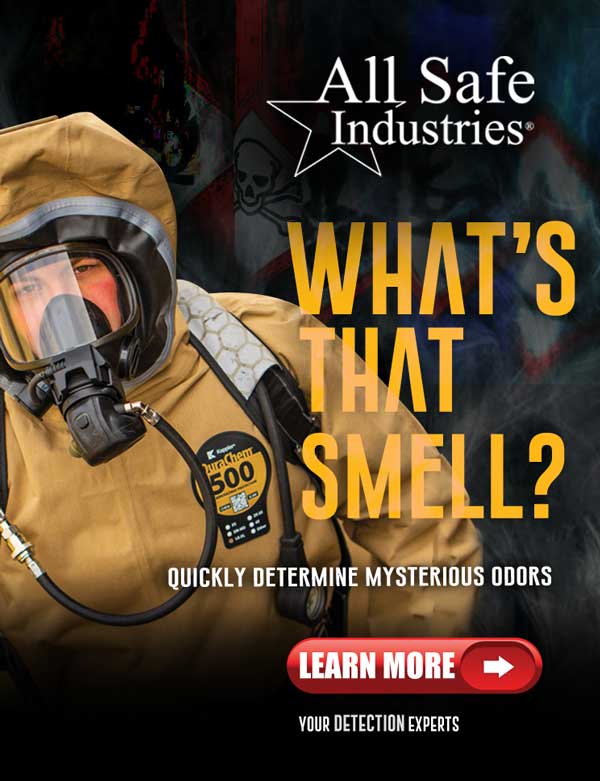Originally published by nzherald
Fresh advice has been issued to drug users over a toxic industrial chemical being sold in place of MDMA in Auckland.
Harm reduction service Know Your Stuff has responded to a number of queries about methylenedianiline and offered a solution for users looking to see if they have obtained tainted drugs.
The alarm about the chemical was first raised last month, through the drug early warning website High Alert.
They warned that the chemical has been linked to several poisoning cases in Auckland where the patients suffered liver damage.
“High Alert strongly urges people not to take this substance at all. It does not have the effects of MDMA and taking it can lead to severe harm,” they said last month.
“It does not have the effects of MDMA and taking it can lead to severe harm.”
Methylenedianiline is listed as a “substance of very high concern” by the European Chemicals Agency (ECHA) and is entirely non-psychoactive.
It is used in the production of polyurethanes and is toxic to humans, particularly in the liver.
The limited information available on its effects on people’s health shows that it can cause skin irritation and liver damage, as well as abdominal pain.
Other symptoms can include vomiting, fever, or jaundice.
Symptoms can occur within 24 hours after taking the substance, but some signs like jaundice or fever may only start up to 7 days or more after ingestion, High Alert stated.
Anyone experiencing these symptoms is advised to seek medical advice.
Wendy Allison, managing director of Know Your Stuff, told the Herald that their testing had not found the chemical outside of Auckland but said they would issue a warning through High Alert if they did.
Allison also offered a method for drug users concerned about what was in their drugs.
“The safest approach is to not take drugs,” said Allison.
“For those who intend to take what they think is MDMA and do not have access to spectrometer testing, they can rule out the presence of methylenedianiline with a simple test: Dissolve 100mg of MDMA in 1ml of water. Precision isn’t needed – MDMA will fully dissolve, methylenedianiline will be almost insoluble.
“If the sample doesn’t dissolve, it’s not MDMA and could potentially cause harm therefore we recommend not taking it,” Allison said.
“However it’s important to note – if it does dissolve, this doesn’t guarantee it’s MDMA. Many substances that aren’t MDMA will dissolve in water, so we recommend people still use a reagent test to confirm the presence of MDMA and take the substance in fractions, waiting at least an hour before considering taking more.”
On the Facebook page, Know Your Stuff offered a possible explanation as to the reason why the toxic chemical has appeared on the drug scene.
“We suspect some genius googled ‘How to buy MDA online’ and got this stuff,” they wrote.
The term MDA is used for Methylenedianiline and also used for 3,4-Methylenedioxyamphetamine, a psychedelic drug of the amphetamine family.
They also noted: “We recommend not swallowing the insoluble rocks”.
Pill-testing law
Health Minister Andrew Little’s Drug and Substance Checking Legislation Bill passed earlier this month.
The bill changes two pieces of legislation – the Misuse of Drugs Act and the Psychoactive Substances Act to allow people to get their drugs tested at festivals without prosecution and permits event organisers to host testers.
The bill will automatically expire in 12 months, with Little committing to bringing in a permanent change which will go through the full parliamentary process before then.
The law change came too late to allow Know Your Stuff to effectively test our summer festivals.
/cloudfront-ap-southeast-2.images.arcpublishing.com/nzme/IQ6OIBDYCY64IUNYQOLJ5CBU3E.jpg)
Wendy Allison told RNZ that there was not enough time to import the specialist spectrometer equipment needed to test at all festivals.
The organisation had just three sets of equipment, meaning they could only attend three festivals at once, Allison said.
“There are far more events than that happening, especially around the New Year’s period.”
She said there were other spectrometers in New Zealand, but they were hidden away in laboratories.
“The ability to cut through all that red tape in the time we have would be very limited.”
The spectrometers are manufactured in Germany, and took six weeks to arrive when the organisation ordered them last year.
“That was of course pre-Covid and not over a holiday season. So I would expect, if we ordered spectrometers tomorrow they would arrive in February at the earliest.”
Allison did not blame the Government for the delays in the legislation, instead putting it down to outside influences such as Covid-19 and other political parties opposing the law last year.
She said the legislation would help improve the service they could offer, because it allowed volunteers to handle the substances, making it more efficient.
Before the legislation, the group had to instruct festival-goers to test the drugs themselves, because it feared volunteers would be at risk of prosecution if they handled substances.
“It’s not a complete washout. We are limited in the number of events we can attend, but we will be able to help more people at those events.”



